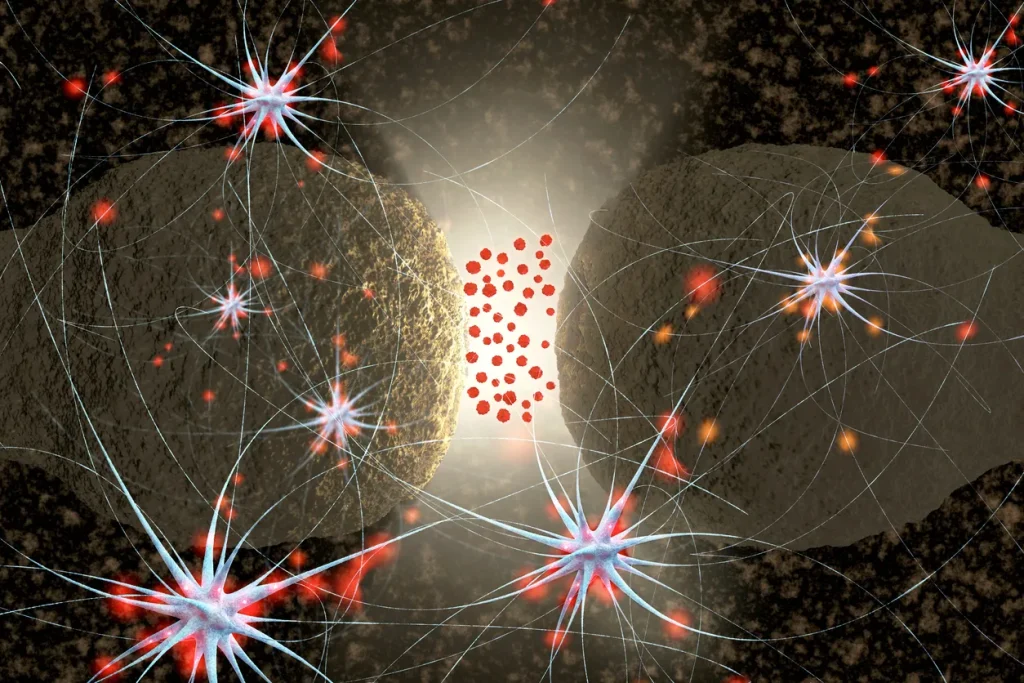Gastrointestinal issues are common health concerns that affect millions of people worldwide. They range from minor digestive problems to more severe stomach disorders, all of which can significantly impact your quality of life if left untreated. Recognizing GI tract symptoms and understanding the causes of abdominal pain can help with early diagnosis and effective treatment. This guide will cover early signs and symptoms of gastrointestinal issues and provide tips on improving your intestinal health.
Understanding Digestive Problems
Digestive problems refer to a wide variety of issues that affect the digestive system. Some of the most common digestive problems include diarrhea, indigestion, acid reflux, Irritable Bowel Syndrome (IBS), and constipation. Indigestion, or dyspepsia, often causes bloating, nausea, and discomfort in the upper abdomen. Acid reflux occurs when stomach acid flows back into the esophagus, causing heartburn. IBS is a chronic condition that affects the large intestine and can lead to cramping, gas, and changes in bowel habits.
Solutions typically involve dietary changes, stress management, and medications. For instance, antacids can help with acid reflux, while increasing fiber intake may relieve constipation. Managing stress is also essential, as it can exacerbate many digestive issues. There are medications, such as antihistamines, that can help with symptoms.
Common Stomach Disorders Explained
Stomach disorders can range from mild conditions, such as gastritis, to more severe problems, like peptic ulcers. Gastritis occurs when the stomach lining becomes inflamed, often due to excessive alcohol consumption, prolonged use of NSAIDs, or bacterial infections. Peptic ulcers, conversely, are sores that develop on the stomach lining or the small intestine, often caused by Helicobacter pylori bacteria or the prolonged use of certain medications.
How can I identify stomach disorders early?
Identifying stomach and gastrointestinal (GI) disorders early can help prevent complications and improve treatment outcomes. Here are some signs, symptoms, and steps to help identify stomach disorders early on:
Monitor Persistent Symptoms
- Abdominal Pain
- Bloating and Gas
- Heartburn or Acid Reflux
- Nausea and Vomiting
- Changes in Bowel Habits
Identify Red Flag Symptoms
Specific symptoms warrant more urgent evaluation, as they may indicate severe GI disorders:
- Unexplained Weight Loss
- Blood in Stool
- Persistent Vomiting or Vomiting Blood
- Severe Fatigue
- Difficulty Swallowing
Undergo Preventive Screenings and Tests
- Colonoscopy
- Stool Tests
- Endoscopy
- Blood Tests
Identifying GI disorders early requires careful symptom monitoring, awareness of risk factors, preventive screenings, and prompt medical consultation for unusual or persistent symptoms. Early intervention can make a significant difference in managing and treating these conditions effectively.
Causes of Abdominal Pain Uncovered
Abdominal pain can be caused by a wide range of factors, from minor digestive issues to serious medical conditions. Common causes include irritable bowel syndrome, indigestion, gas, food intolerances, and infections. In more severe cases, abdominal pain can signal conditions such as appendicitis, gallstones, or kidney stones. Stress is another factor that can contribute to abdominal discomfort, especially for those with chronic digestive disorders like IBS or Crohn’s disease.
Treatment depends on the cause but may include over-the-counter medications for mild issues, such as antacids or anti-gas treatments, or prescription medications for more severe conditions. Dietary changes and stress reduction are also effective for managing chronic abdominal pain.
Improving Intestinal Health
Maintaining good intestinal health is vital for overall well-being. A healthy intestine supports nutrient absorption, immune function, and waste elimination.
Improving intestinal health involves:
- eating a fiber-rich diet,
- staying hydrated and
- incorporating probiotics into your meals.
Regular physical activity and managing stress also play a significant role in maintaining a healthy digestive system. Avoiding processed foods, excess sugar, and high-fat meals can further support intestinal health.
Lifestyle changes that help prevent gastrointestinal issues include
- adopting a balanced diet,
- drinking plenty of water,
- engaging in regular exercise, and
- managing stress.
Avoiding smoking, excessive alcohol consumption, and eating meals high in processed foods can also significantly reduce the risk of developing digestive problems.
What role do Histamines play?
The GI tract is full of Histamine receptors. Patients with IBS or with Food Allergies have been shown to have an increased number of Histamine receptors. Some patients have seen dramatic improvement with “dual-antihistamine” therapy. Using the right ratio of certain antihistamines to block both the histamine-1 and histamine-2 receptors has shown a great improvement in symptoms. Patients have seen decreased bowel output; more formed stools; less urgency; and less abdominal cramping. One such medication on the market it Solamyn, and has shown incredible results in managing many GI issues.
Are you looking for fast and effective relief from your digestive discomfort? Visit Get Relief Rx today to explore proven solutions, like Solamyn, to ease your symptoms and improve your gut health. Click here to start feeling better now!




